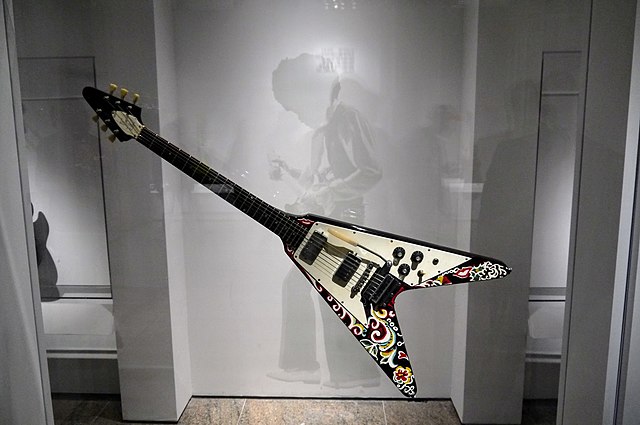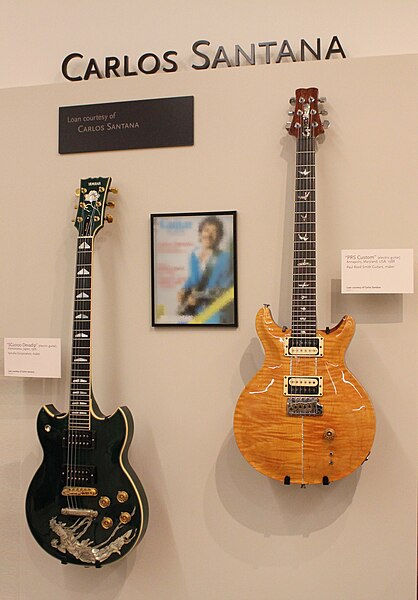
Thammasat University students interested in political science, history, sociology, popular music, fieldwork, historiography, globalization, technology, and related subjects may find it useful to participate in a free 13 September Zoom book launch for Rocking in the Free World: Popular Music and the Politics of Freedom in Postwar America.
The event, on Wednesday, 13 September 2023 at 3pm Bangkok time, is presented by the University of Melbourne, Australia.
The TU Library collection includes several books about different aspects of rock music and politics.
TU students may access the book Rocking in the Free World through the TU Library Interlibrary Loan (ILL) service.
Students are invited to watch the live stream on Zoom at this link:
https://unimelb.zoom.us/j/82164656793?pwd=ZnpZWlFvRUVtRndBaHFncHRrdnVCQT09&from=addon#success
The event webpage explains:
Please join us to launch Nick Tochka’s Rocking in the Free World: Popular Music and the Politics of Freedom in Postwar America (Oxford University Press).
Progressive and libertarian, anti-Communist and revolutionary, Democratic and Republican, quintessentially American but also universal: by the late 1980s, rock ’n’ roll had acquired a dizzying array of political labels. These claims held in common the idea that the music could liberate its listeners. But how did rock ’n’ roll become enmeshed with so many different competing ideas about freedom? And what does that story reveal about the politics of popular culture in postwar America?
Rocking in the Free World traces how Americans imaginatively linked rock music to abstract notions of freedom between the 1950s and the 1980s. Integrating analyses of major artists, performances, and albums, the book’s chronological narrative presents seven moments that shaped how Americans came to comprehend the political meaning of rock ’n’ roll—from Cold War anxieties in the 1950s, to countercultural clashes in the 1960s and 1970s, to end-of-history triumphalism in the 1980s. Through these moments, rock music provided a platform for Americans to debate the musical politics of belonging in the postwar United States. And by understanding how twentieth-century Americans came to believe that rock could set you free, we can better understand the potential—as well as the limits—of popular music as a political force today.
The speaker will be Dr. Nicholas Tochka, Associate Professor In Ethnomusicology at the Melbourne Conservatorium of Music, Australia.
His faculty webpage states:
Nicholas Tochka researches popular, traditional, and art musics in Europe and the Americas, with a particular emphasis on the politics of music-making since 1945. He has taught seminars on fieldwork, historiography, globalization, and technology, and offers area courses on Eastern Europe, Latin America, African American music, and the Cold War.
A/Prof Tochka’s first book, Audible States: Socialist Politics and Popular Music in Albania (Oxford University Press, 2016) traced an aural history of postwar politics in Southeastern Europe by examining an annual singing contest broadcast on Radio-Television Albania beginning in 1962. Drawing on a wide range of archival sources and interviews with composers, lyricists, singers, and bureaucrats, that book described how popular music became integral to governmental projects to improve society – and a major concern for both communist and postsocialist regimes. […] A book about musical citizenship in postsocialist Europe, told through the lens of media mogul Ardit Gjebrea’s Projekt Jon (1997), is coming out in 2024 from Bloomsbury’s 33 1/3 Global Series. […]
A/Prof Tochka is currently working on a manuscript titled The Past Is An Illusion: Charles Manson, the Beatles, and the Invention of the Sixties. This experimental history uncovers the intersections between rock criticism, postwar narrative forms, and the historiography of “the 1960s” in the US imagination. In addition to these projects, he is more broadly interested in public musicology, as well as experimental writing and creative non-fiction.

An article by Dr. Tochka posted online notes how political history impacted the American rock star Little Richard:
Rock and roll and nuclear weapons: how the Cold War shaped Little Richard
When he landed in Australia in October 1957, Little Richard should have been on top of the world. In just two years, the wild showman had traded the chitlin’ circuit for an international audience. Instead, he was pondering his future – and reading the Bible.
A fast-talking American entrepreneur named Lee Gordon had organised the two-week package tour, which also included Gene Vincent and the Blue Caps, Eddie Cochran, and “the female Elvis” Alis Lesley. When the Blue Caps got stuck in Hawaii, the Sydney-based Dee Jays filled in – on the condition that their singer, a 21-year-old unknown named Johnny O’Keefe, could also do a few numbers.
“R. and R. may never come to Australia,” journalist Bernard Fletcher wrote the previous year, “but then, on the other hand, juvenile crazes have a habit of spreading.”
And spread it had. “[Rock and roll] is so far just a pleasant form of musical novelty to our youngsters,” one Perth journalist wrote in 1956, “and it is hoped it never reaches the hysterical, violent stage that is shocking America.” […]
But it was the violence of the outside world that was troubling the singer: an exploitative recording industry, racialised violence of white supremacy in the US, and the looming threat of nuclear armageddon.
This final apocalyptic possibility proved too much for Little Richard’s fragile psyche. Already on edge with Great Britain conducting nuclear weapon tests at Maralinga in South Australia, the Soviets’ surprise satellite launch shook the singer. Here is what the consummate fabulist, who never failed to embellish a story, told biographer Charles White:
On our fifth date of the two-week tour […] forty thousand people came to see me at the municipal outdoor arena. That night Russia sent off that very first Sputnik. It looked as though the big ball of fire came directly over the stadium about two or three hundred feet above our heads. It shook my mind. It really shook my mind. I got up from the piano and said, “This is it. I am through. I am leaving show business to go back to God.”
The next day, Little Richard confirmed his conversion by throwing thousands of dollars’ worth of jewellery from the Stockton Ferry into the Hunter River. Cutting short the tour, he flew home to enrol in a theology program at Oakwood College in Huntsville, Alabama.
“I’m quitting showbiz, I wanna go straight,” the now Reverend Richard Penniman sang in 1960. “I wanna serve my Lord before it’s too late.”
As critic Ainslie Baker bemoaned in The Australian Women’s Weekly: “Little Richard was in great vogue among the rock-‘n-rolling fraternity until he retired to ponder upon the threat to the future of man posed by the nuclear age.”
While he returned to secular music in 1962, he never again visited Australia. […]

(All images courtesy of Wikimedia Commons)
